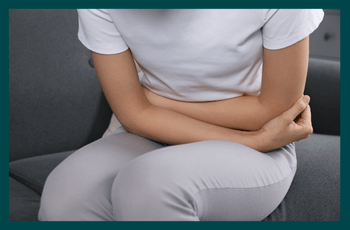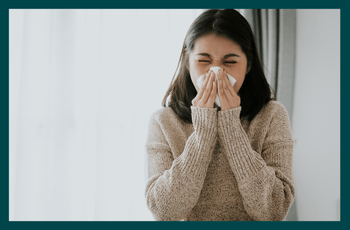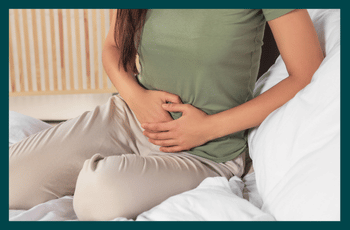Best foods to eat after norovirus: What to eat & avoid while recovering
Written by the editorial staff writer at Hola. Medically Reviewed by Dr. Ammar AL-ANI, MBChB, CCBST, AMC.
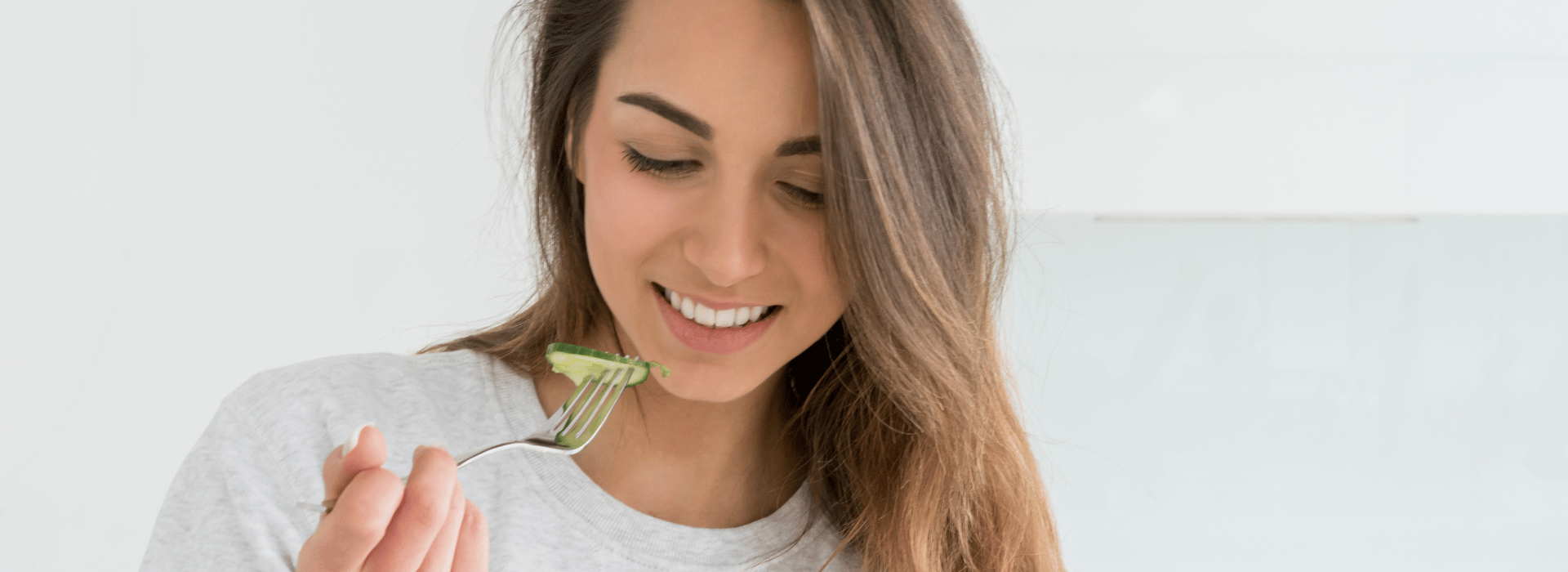
Contents

Summary: Recovering from norovirus means gently reintroducing your digestive system to mild, simple foods such as rice, toast, and bananas. Stay hydrated, avoid greasy or spicy foods, and add probiotics later to help rebalance your gut. Making wise food choices can speed up your recovery.
Dealing with a stomach bug? Let’s fix your gut with food! After battling norovirus, your body is likely exhausted. Between endless bathroom trips and feeling drained, food might be the last thing on your mind. But once you start recovering, the right foods can help calm your stomach, restore your strength, and get you back to feeling like yourself again. And you are not alone—Australia saw 108 norovirus-positive outbreaks in 2022, proving how common this bug is.
What is norovirus, and how does it affect your stomach?
Norovirus is a contagious virus responsible for gastroenteritis, or the inflammation of the stomach and intestines. It transmits through contaminated food, water, surfaces, or close interaction with an infected individual. Once the virus enters the body, it irritates the stomach and intestinal lining, resulting in nausea, vomiting, diarrhoea, stomach cramps, and occasionally fever or body aches. The illness typically starts abruptly and lasts for about 1 to 3 days. Although it can be unpleasant, most individuals recover without any complications; however, it poses a greater risk to young children, elderly individuals, or those with weakened immune systems. It's vital to stay hydrated to avert dehydration.
Also read: Norovirus infection: when to consult a doctor? - Hola Health
Why eating right matters during and after norovirus
Eating properly during and following a norovirus infection is essential for aiding the body in recovery and regaining strength. The vomiting and diarrhoea associated with the illness can lead to dehydration and loss of nutrients, so consuming easily digestible foods and sufficient fluids is important to restore balance. Once symptoms subside, consuming bland, low-fat foods like toast, rice, bananas, and applesauce promotes digestive healing and prevents further irritation. Steering clear of dairy, caffeine, spicy foods, and alcohol can help minimise the chances of inducing additional stomach upset. Adequate nutrition during recovery supports energy replenishment, restores electrolyte levels, and fortifies the immune system to guard against subsequent illnesses.
Feeling sick and unsure why? Speak with a GP online in 15 minutes.
Should you eat when you have norovirus?
Yes, you should eat when suffering from norovirus, but only after vomiting has ceased and your stomach is ready for food. Begin with small portions of bland, easily digestible foods such as plain toast, rice, bananas, or applesauce. These options can provide energy without irritating your stomach. Refrain from greasy, spicy, dairy-heavy, or sugary foods, as they may exacerbate symptoms. Staying hydrated takes precedence over eating. Frequently sip on water, clear broth, or oral rehydration solutions to replace lost fluids and prevent dehydration. If you're unable to retain fluids for over 24 hours, it’s crucial to seek medical assistance.Best foods to eat after norovirus
Once you've recovered from norovirus, it’s better to consume gentle, easily digestible foods that won’t irritate your stomach. Some of the best choices include:- Bananas: Simple to digest and high in potassium, which helps restore lost electrolytes.
- Rice: Plain white rice is bland and assists in firming up stools.
- Applesauce: Gentle on the stomach and contains pectin, which aids digestion.
- Toast: Plain toast or dry crackers are light and unlikely to upset your stomach.
- Boiled potatoes: Mild and starchy, providing energy without fat or irritation.
- Clear broth or soup: Hydrating while providing salt and nutrients to help in recovery.
- Plain pasta: Soft, bland, and kind to the digestive system.
- Oatmeal: Gentle on the stomach and offers fibre during your recovery.
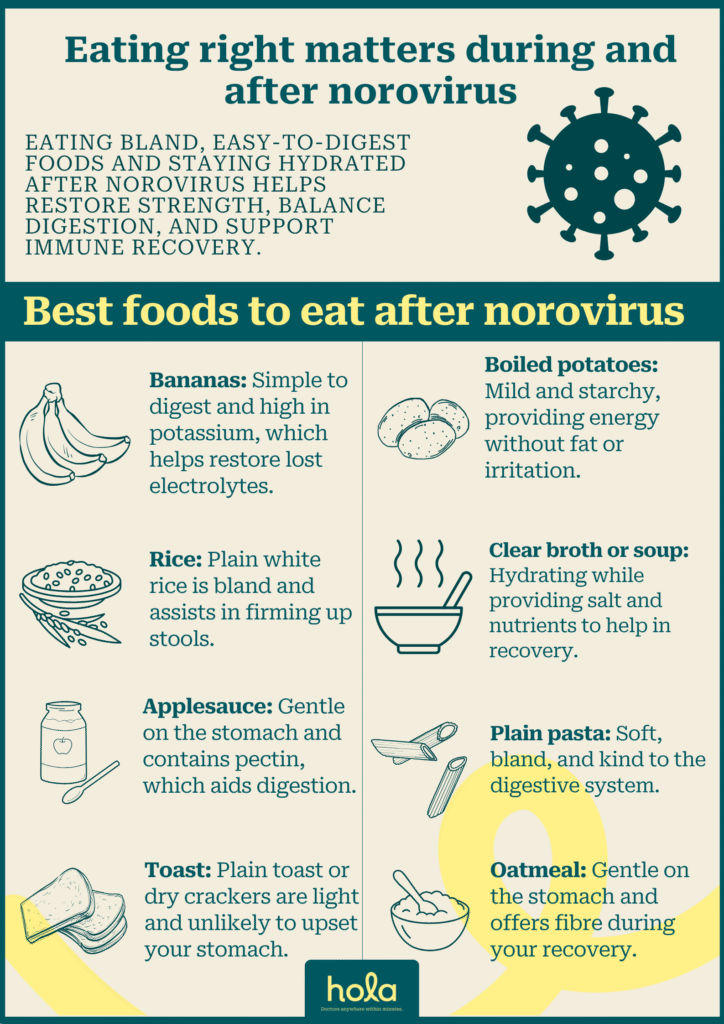
Foods to avoid after norovirus
After a norovirus infection, it is important to avoid foods that may irritate your stomach or hinder recovery. Avoid:- Dairy products: Milk, cheese, and yoghurt might be hard to digest and could exacerbate diarrhoea.
- Fatty or fried foods: Greasy foods may upset your stomach and exacerbate
- Spicy foods: Spices could irritate the digestive tract as you recover.
- Caffeinated drinks: Coffee, tea, and energy drinks might dehydrate you and irritate your stomach.
- Alcohol: It may lead to further dehydration and irritate the gut lining.
- Sugary foods and beverages: Sweets and sugary drinks may worsen diarrhoea and cramping.
- Raw fruits and vegetables: These can be tough to digest initially and may induce bloating or gas.
Also read: What to eat when you have gastro
How long should you follow your diet after norovirus?
Following recovery from norovirus, it’s advisable to monitor your diet for about 2 to 3 days, or until your digestive system feels completely back to normal. During this time, focus on eating bland, low-fat, and easily digestible foods such as bananas, rice, toast, and clear broth. Avoid dairy, caffeine, alcohol, spicy, and greasy foods, as they can upset the stomach or provoke symptoms. Slowly reintroduce your normal diet as your appetite and digestion improve. If symptoms return or escalate, revert to bland foods and consult a doctor if necessary.
When to see a doctor after norovirus
You should consult a doctor after norovirus if symptoms persist for more than 3 days, if you are unable to retain fluids for over 24 hours, or if you experience signs of dehydration like a dry mouth, dizziness, or dark urine. It’s also crucial to seek medical help if you have severe abdominal pain, a high fever (over 101°F or 38.3°C), or notice blood in your vomit or stool. Those with weakened immune systems, older adults, or young children should seek medical attention sooner if symptoms linger or worsen. These could indicate complications or another underlying issue that requires medical care.
Can telehealth help with quick advice after norovirus?
Yes, telehealth can be a convenient and reassuring option for quick advice after a norovirus infection. While the worst symptoms usually pass within 48 hours, lingering issues like dehydration, fatigue, or ongoing stomach sensitivity can be worrying. Through a quick telehealth appointment, you can consult an AHPRA-registered doctor online for personalised care, recovery advice, or valid instant scripts if needed. They can also issue legitimate medical certificates or GP referrals if your illness affects work, school, or travel plans. With telehealth services like Hola Health, you can access expert support from home without facing crowded clinics or long wait times.
Conclusion:
Your digestive systems had a rough time—now’s the time to nurture it gently. Focus on light meals, stay hydrated, and take things one step at a time. With little patience and some rest, you will regain your strength soon.
FAQs
Can I eat while I still have norovirus symptoms?
It’s best to start slowly. If you are still vomiting, stick to small sips of clear fluids to stay hydrated. Once the nausea stops, you can start eating bland, easily digestible foods like toast, rice, or applesauce. Avoid heavy, spicy, or dairy-rich meals until your stomach settles.
How soon should I eat after vomiting stops?
You can start eating once you’ve gone a few hours without vomiting and can sip clear drinks without trouble. Begin with bland, easy-to-digest foods like toast, rice, or mashed apples. Keep portions small at first and slowly increase portions as your stomach adjusts. If nausea returns, take a break and stick to fluids for a bit longer.
What foods help settle your stomach after norovirus?
After norovirus, stick to bland, low-fibre foods that are easy on the stomach. Good options include:
- White rice
- Bananas
- Boiled potatoes (with no butter or seasoning)
- Clear broths
- Applesauce
- Toast
- Porridge
Is it okay to eat rice or bread after norovirus?
Yes, it’s okay, and even recommended to eat plain rice or bread after norovirus. These mild, starchy foods are gentle on the digestive system and can help settle your stomach as you recover. Begin with small servings, and avoid adding butter, sauces, or spices until your stomach feels more stable.
Should I avoid dairy after norovirus?
Yes, it is better to avoid dairy for a few days after norovirus. Your digestive system may be sensitive, and dairy products, especially milk, cheese, and cream, can be tough to digest and may trigger bloating and diarrhoea. Once you are feeling better, you can try adding dairy again gradually.
What we treat
- Cough
- Nausea & vomiting
- Fever
- Hayfever
- Fatigue
- Sore throat
- Acne
- Hair loss
- Gout
- Eczema
- Rosacea
- Sunburn
- UTI
- Erectile dysfunction
- Contraception
- Morning sickness
- Morning after pill
- Prostate health
- Anxiety
- Depression
- Stress
- Grief & loss
- Antidepressants
- Premature ejaculation
- Asthma
- Blood pressure
- Blood thinners
- Diabetes
- Cholesterol
- Migraines & headaches
- Allergies
- Body ache
- Heartburn & reflux
- Sleep disorder
- Pain relief
- Gastro
Related Articles
Disclaimer
This blog is for general informational purposes only and does not indicate that Hola Health provides all treatments or preventive measures mentioned. It is not intended to be a substitute for professional medical advice. Always seek the guidance of your doctor or other qualified health professional with any questions you may have regarding your health or a medical condition. For emergencies please immediately contact 000. Any medical topics discussed are intended to educate, not to imply availability through Hola Health.

Get affordable healthcare on your terms, with quick access to qualified, Australian-registered telehealth doctors & health practitioners, 24/7, 365 days a year. No more searching for ‘doctors near me‘ – Hola connects you instantly.
Address: 79 St Georges Terrace, Perth WA 6000


Hola Health App
Get affordable healthcare on your terms, with quick access to qualified, Australian-registered telehealth doctors & health practitioners, 24/7, 365 days a year. No more searching for ‘doctors near me‘ – Hola connects you instantly.
Call 000 for emergency or urgent medical help.
Address: 79 St Georges Terrace, Perth WA 6000
© Hola Health, a brand of Packapill Pvt Ltd


 Facebook
Facebook  X
X  Copy Link
Copy Link

